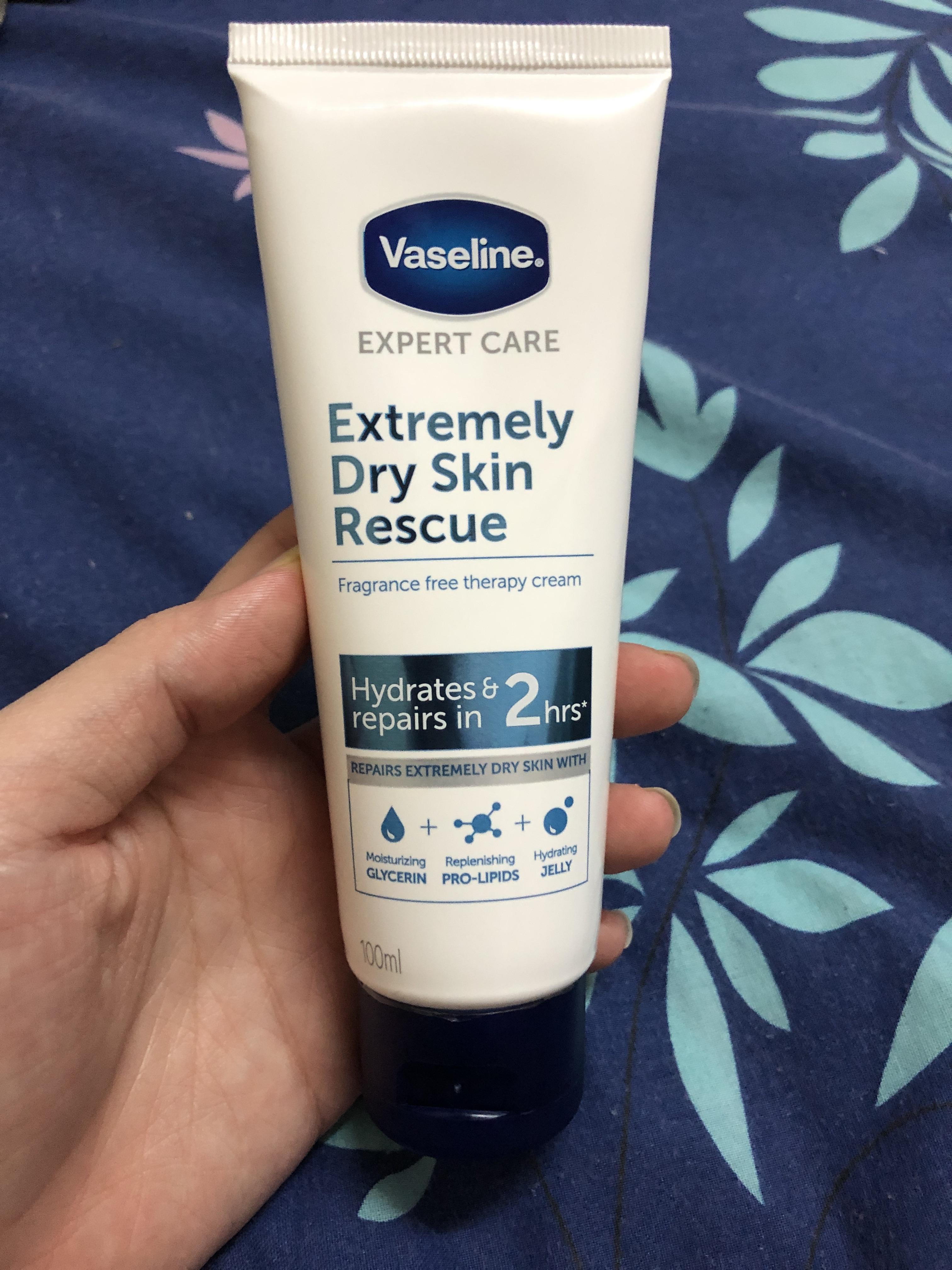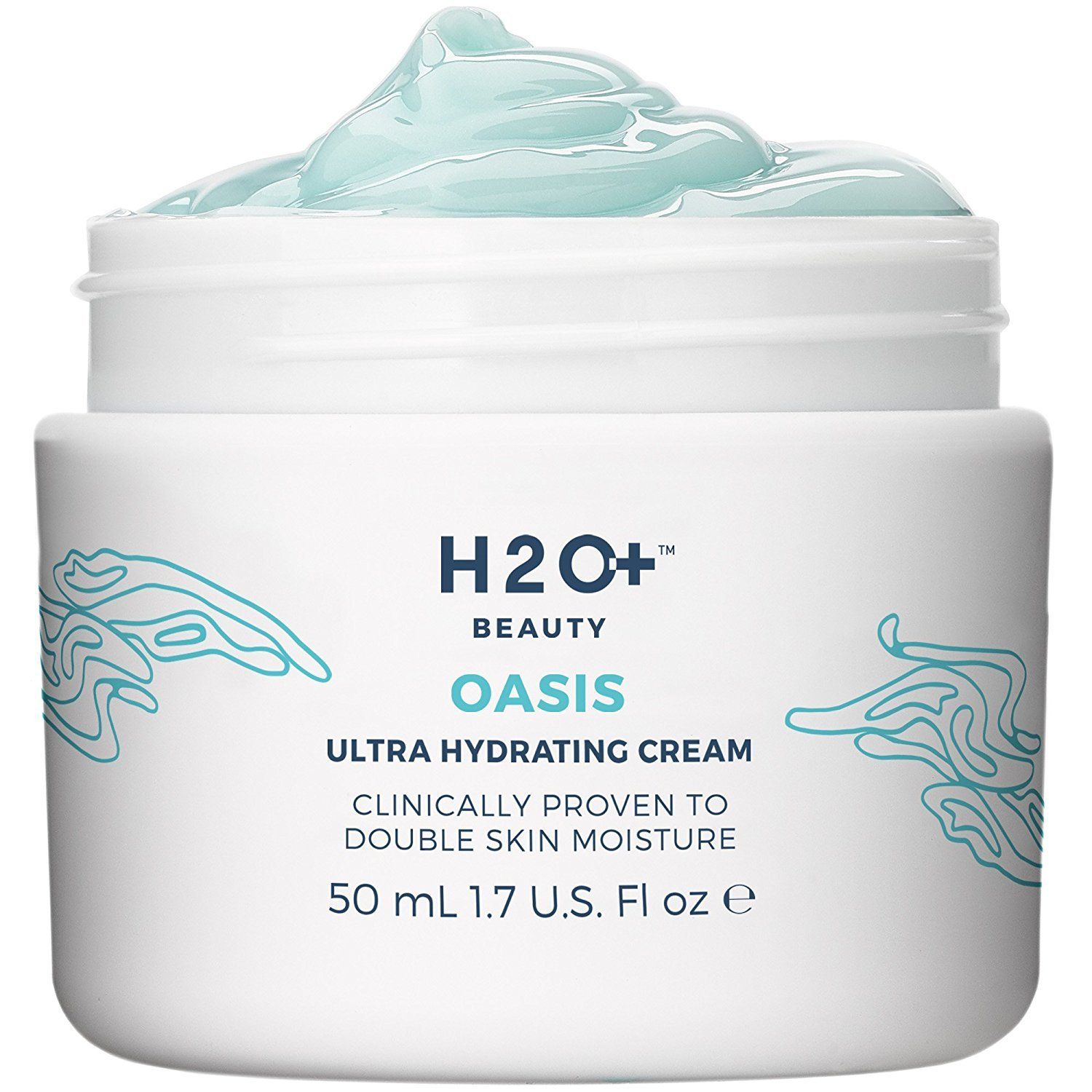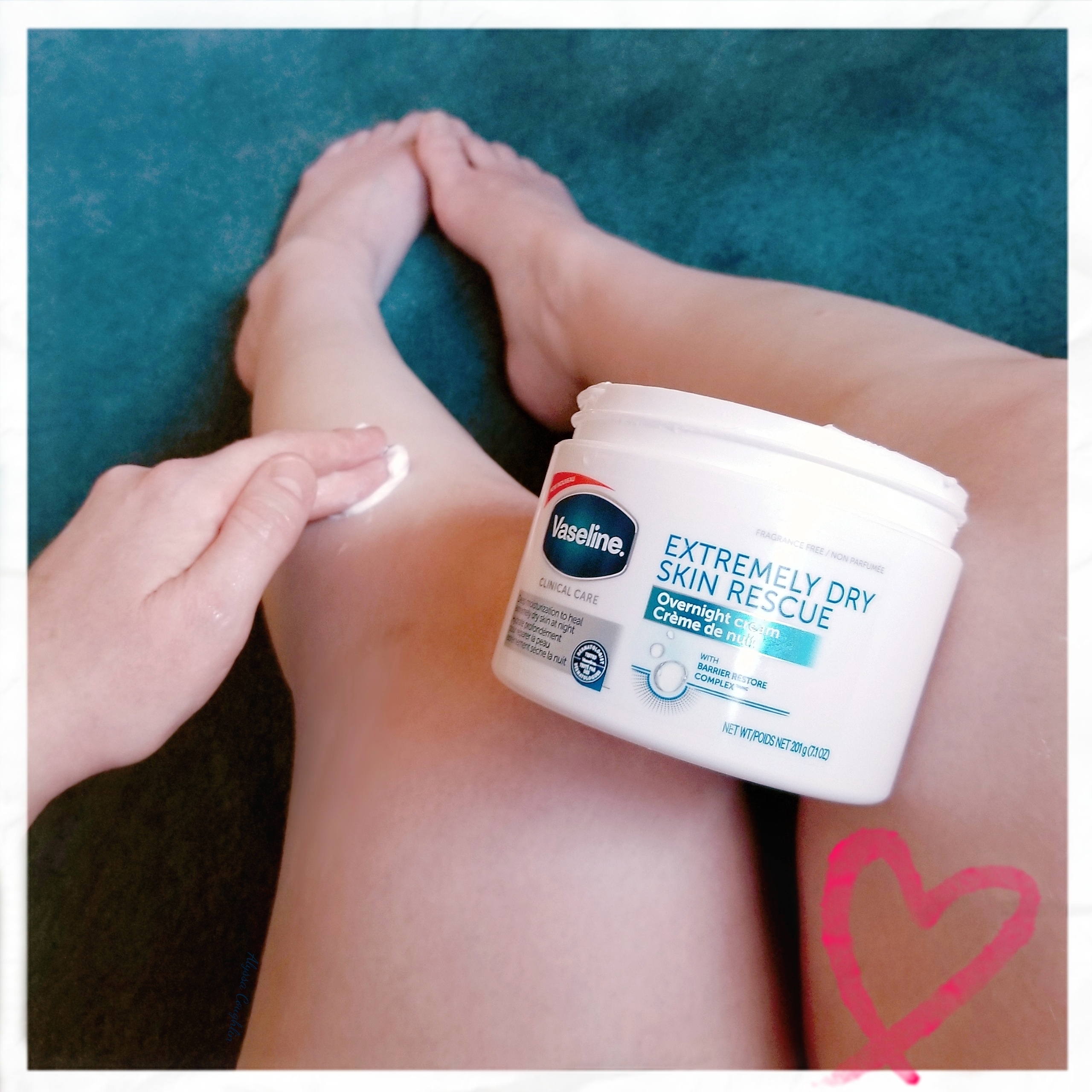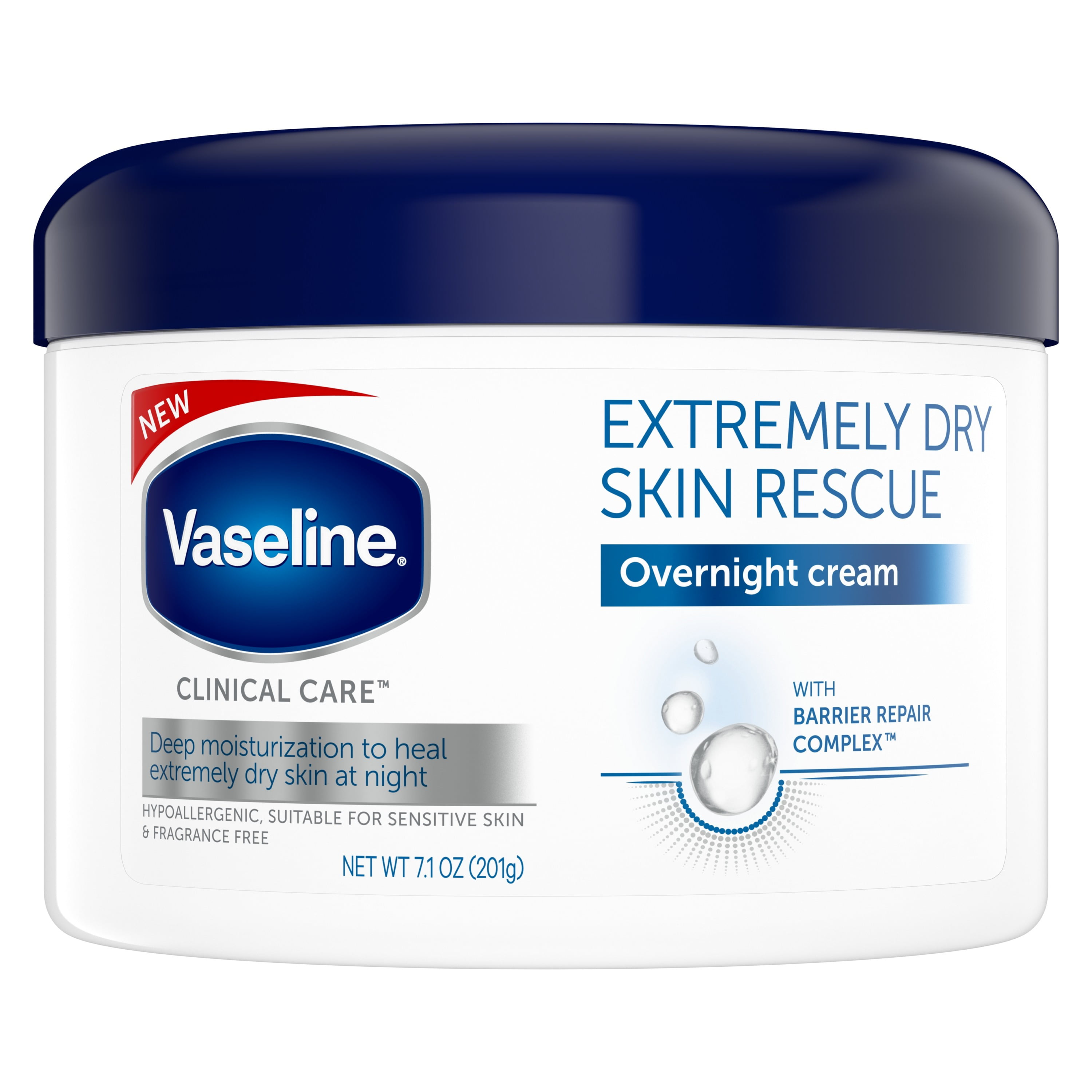Navigating The Desert: A Guide To Products For Extremely Dry Skin
Navigating the Desert: A Guide to Products for Extremely Dry Skin
Related Articles: Navigating the Desert: A Guide to Products for Extremely Dry Skin
Introduction
In this auspicious occasion, we are delighted to delve into the intriguing topic related to Navigating the Desert: A Guide to Products for Extremely Dry Skin. Let’s weave interesting information and offer fresh perspectives to the readers.
Table of Content
Navigating the Desert: A Guide to Products for Extremely Dry Skin

Dry skin, a common skin condition characterized by a lack of moisture, can range from mild to severe. In the most extreme cases, skin can become rough, flaky, itchy, and even cracked, significantly impacting comfort and overall well-being. This article delves into the nuances of extremely dry skin, exploring the causes, symptoms, and most importantly, the effective products that can provide relief and restore skin’s natural balance.
Understanding the Causes of Extremely Dry Skin
The skin’s outermost layer, the stratum corneum, acts as a protective barrier, retaining moisture and preventing water loss. When this barrier is compromised, the skin’s ability to retain moisture is weakened, leading to dryness. Several factors contribute to extremely dry skin, including:
- Genetics: Some individuals are predisposed to dry skin due to genetic factors that influence the skin’s natural oil production.
- Environmental Factors: Harsh weather conditions, such as cold, dry air, low humidity, and excessive sun exposure, can strip the skin of its natural oils, leading to dryness.
- Age: As we age, the skin’s natural oil production decreases, making it more susceptible to dryness.
- Medical Conditions: Certain medical conditions, such as eczema, psoriasis, and hypothyroidism, can cause dry skin as a symptom.
- Medications: Some medications, including diuretics, antihistamines, and retinoids, can have a drying effect on the skin.
- Lifestyle Habits: Frequent hot showers or baths, harsh soaps and detergents, and lack of hydration can all contribute to dry skin.
Recognizing the Symptoms of Extremely Dry Skin
Identifying the signs of severely dry skin is crucial for effective treatment. Common symptoms include:
- Rough, Flaky Skin: The skin may feel rough and appear flaky or scaly, especially on the arms, legs, and face.
- Tightness and Itching: Dry skin often feels tight and itchy, particularly after washing or bathing.
- Cracking and Bleeding: In severe cases, the skin may crack and bleed, especially on the hands, feet, and elbows.
- Redness and Inflammation: Dry skin can become red and inflamed, especially in areas that are frequently exposed to the elements.
Products for Extremely Dry Skin: A Comprehensive Guide
Addressing extremely dry skin requires a multi-pronged approach, utilizing products specifically formulated to replenish moisture, strengthen the skin barrier, and soothe irritation. Here’s a detailed breakdown of product categories and their key ingredients:
1. Cleansers:
- Avoid Harsh Soaps: Traditional soaps with strong detergents can strip the skin of its natural oils, exacerbating dryness. Opt for gentle, pH-balanced cleansers specifically designed for dry skin.
- Look for Moisturizing Ingredients: Seek cleansers containing moisturizing agents like glycerin, hyaluronic acid, and ceramides, which attract and retain moisture.
- Oil-Based Cleansers: Oil-based cleansers, such as cleansing oils or balms, can effectively remove makeup and impurities without stripping the skin of its natural oils.
2. Moisturizers:
- Rich, Thick Formulas: Opt for thick, creamy moisturizers that provide intense hydration and long-lasting moisture.
- Occlusives: Occlusive ingredients, such as petroleum jelly, lanolin, and dimethicone, create a protective barrier on the skin, preventing moisture loss.
- Humectants: Humectants, like hyaluronic acid and glycerin, draw moisture from the air and into the skin, enhancing hydration.
- Emollients: Emollients, such as shea butter, cocoa butter, and jojoba oil, smooth and soften the skin, reducing roughness and flakiness.
3. Exfoliants:
- Gentle Exfoliation: While exfoliation is generally beneficial for skin health, it’s crucial to be gentle with extremely dry skin. Avoid harsh scrubs and opt for chemical exfoliants containing alpha-hydroxy acids (AHAs) or beta-hydroxy acids (BHAs).
- AHAs and BHAs: AHAs, like glycolic acid and lactic acid, and BHAs, like salicylic acid, help to remove dead skin cells and improve skin texture. However, use these exfoliants sparingly and with caution, as they can be irritating to sensitive skin.
4. Serums:
- Hyaluronic Acid Serums: Hyaluronic acid serums are highly effective in attracting and retaining moisture, making them ideal for extremely dry skin.
- Ceramide Serums: Ceramides are essential components of the skin’s barrier function. Applying a ceramide serum can help to repair and strengthen the skin barrier, preventing moisture loss.
5. Masks:
- Hydrating Masks: Sheet masks, clay masks, or cream masks formulated with hydrating ingredients, such as hyaluronic acid, aloe vera, and honey, can provide intense moisture and soothe dryness.
- Overnight Masks: Overnight masks are designed to deliver deep hydration while you sleep, leaving skin supple and refreshed in the morning.
6. Lip Balms:
- Protective Lip Balms: The lips are particularly susceptible to dryness and chapping. Apply a lip balm containing occlusive ingredients, such as beeswax or petroleum jelly, to protect and hydrate the lips.
- Ingredients to Look For: Look for lip balms containing shea butter, cocoa butter, or vitamin E, which provide moisture and nourishment.
7. Body Lotions and Creams:
- Thick, Rich Formulas: Opt for thick, rich body lotions or creams designed for dry skin, providing intense hydration and long-lasting moisture.
- Ingredients to Look For: Look for ingredients like shea butter, cocoa butter, glycerin, and ceramides, which provide deep hydration and support the skin barrier.
FAQs Regarding Products for Extremely Dry Skin
Q: How often should I moisturize my extremely dry skin?
A: Moisturize your skin twice daily, once in the morning and once at night. Apply a generous amount of moisturizer to ensure adequate hydration.
Q: What are some tips for choosing the right moisturizer?
A: Consider the following factors:
- Skin Type: Choose a moisturizer specifically formulated for dry skin.
- Ingredients: Look for ingredients like occlusives, humectants, and emollients.
- Texture: Opt for a thick, creamy moisturizer that provides intense hydration.
- Fragrance: Choose a fragrance-free moisturizer, as fragrance can irritate sensitive skin.
Q: Can I use essential oils on extremely dry skin?
A: While some essential oils may have moisturizing properties, they can also be irritating to sensitive skin. It’s best to avoid using essential oils on extremely dry skin unless directed by a dermatologist.
Q: Can I use a humidifier to help with dry skin?
A: Yes, using a humidifier can help to increase the humidity in the air, which can improve skin hydration. Aim for a humidity level between 40% and 60%.
Tips for Managing Extremely Dry Skin
- Avoid Hot Showers and Baths: Hot water can strip the skin of its natural oils, exacerbating dryness. Opt for lukewarm showers or baths and limit the duration.
- Pat Dry Skin Gently: Avoid rubbing the skin dry with a towel, as this can cause irritation. Pat the skin dry gently with a soft towel.
- Hydrate From Within: Drink plenty of water throughout the day to keep your skin hydrated from the inside out.
- Use a Humidifier: Using a humidifier can help to increase the humidity in the air, which can improve skin hydration.
- Wear Gloves: Wear gloves when washing dishes, cleaning, or doing other activities that expose your hands to water and harsh chemicals.
- Avoid Scratching: Scratching dry skin can cause irritation and infection. Apply a moisturizer to soothe itching and avoid scratching.
- See a Dermatologist: If your dry skin is severe or persistent, consult a dermatologist for diagnosis and treatment.
Conclusion
Managing extremely dry skin requires a consistent approach that involves using the right products and adopting healthy lifestyle habits. By incorporating the tips and product recommendations outlined in this article, individuals can effectively combat dryness, restore skin health, and achieve a more comfortable and balanced complexion. Remember, if you experience severe or persistent dryness, consult a dermatologist for personalized advice and treatment options.








Closure
Thus, we hope this article has provided valuable insights into Navigating the Desert: A Guide to Products for Extremely Dry Skin. We appreciate your attention to our article. See you in our next article!
You may also like
Recent Posts
- The Art Of Persuasion: A Comprehensive Guide To Makeup Product Label Design
- A Comprehensive Look At Mary Kay Cosmetics: Reviews, Insights, And Considerations
- Affordable Skin Care: A Guide To Effective Products Under INR 100
- Navigating The World Of Mary Kay Discounted Products: A Comprehensive Guide
- The Power Of High-Resolution Images: A Guide To Acquiring The Best Visuals For Your Projects
- The Power Of Reviews: Navigating The World Of Makeup Products
- Swiss Beauty Makeup: A Comprehensive Guide To Quality And Affordability
- Embracing Natural Beauty: Makeup Tips And Techniques For Women Over 50
Leave a Reply